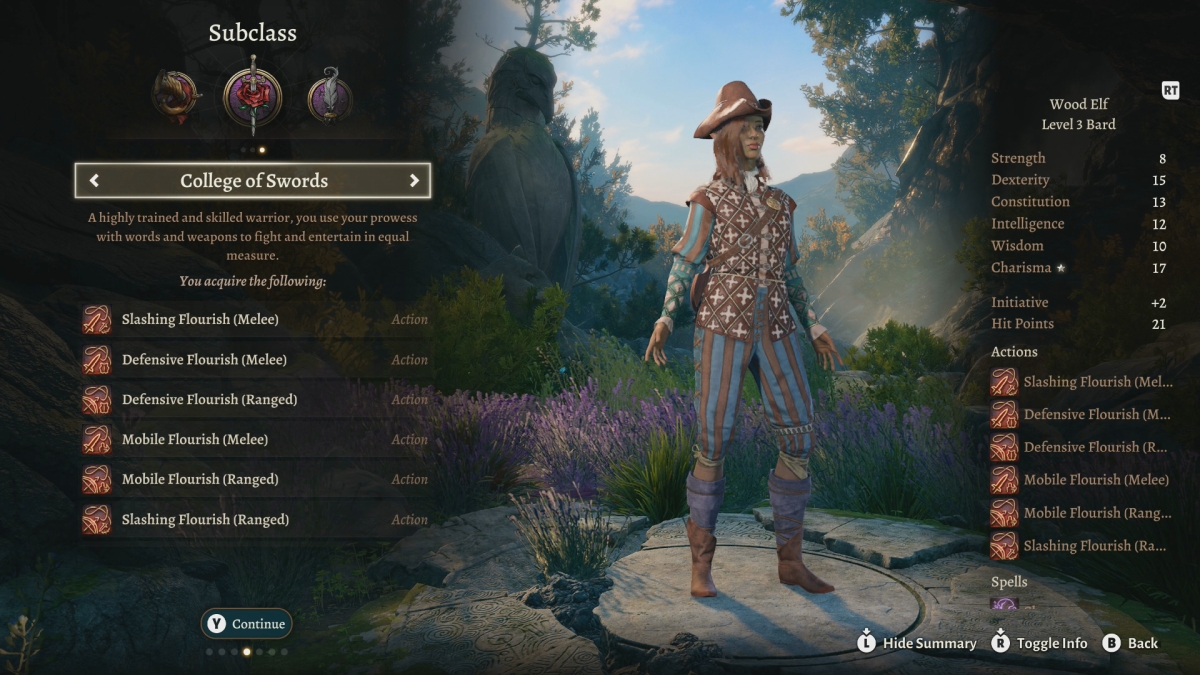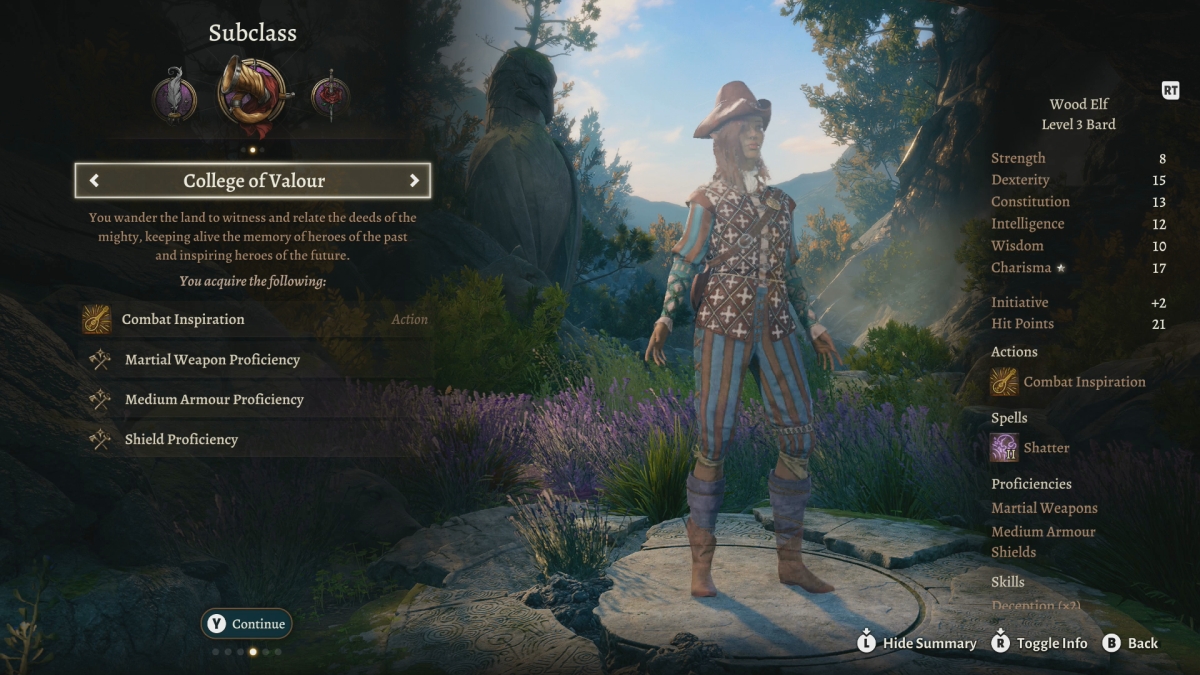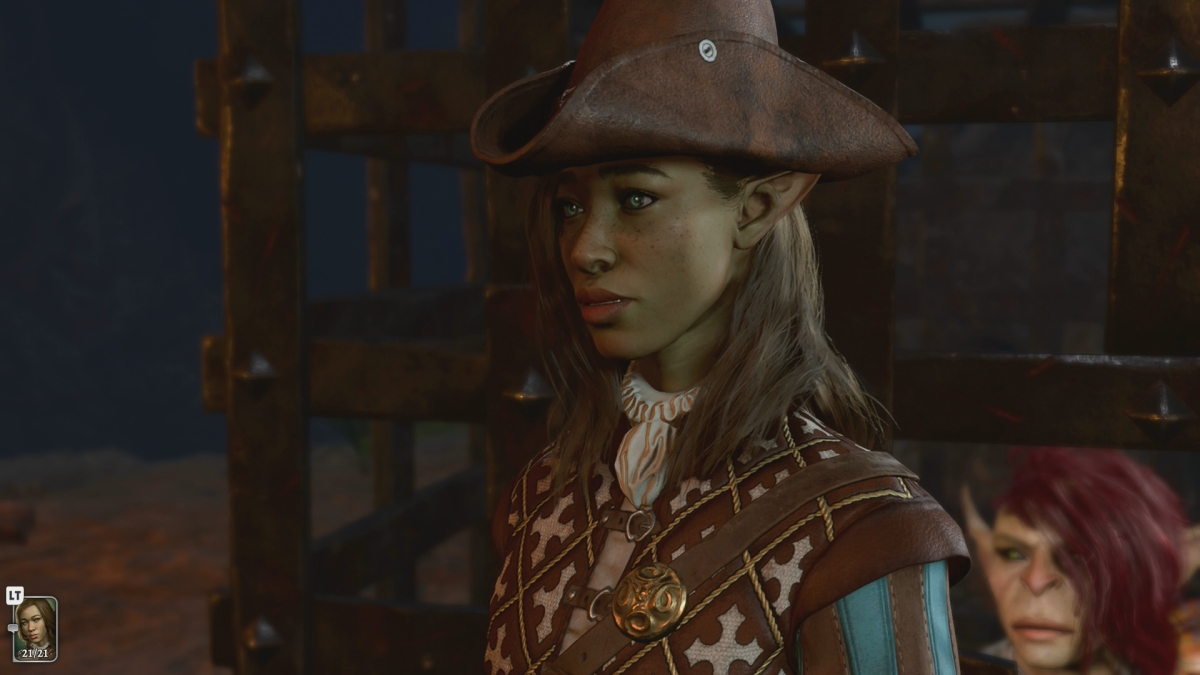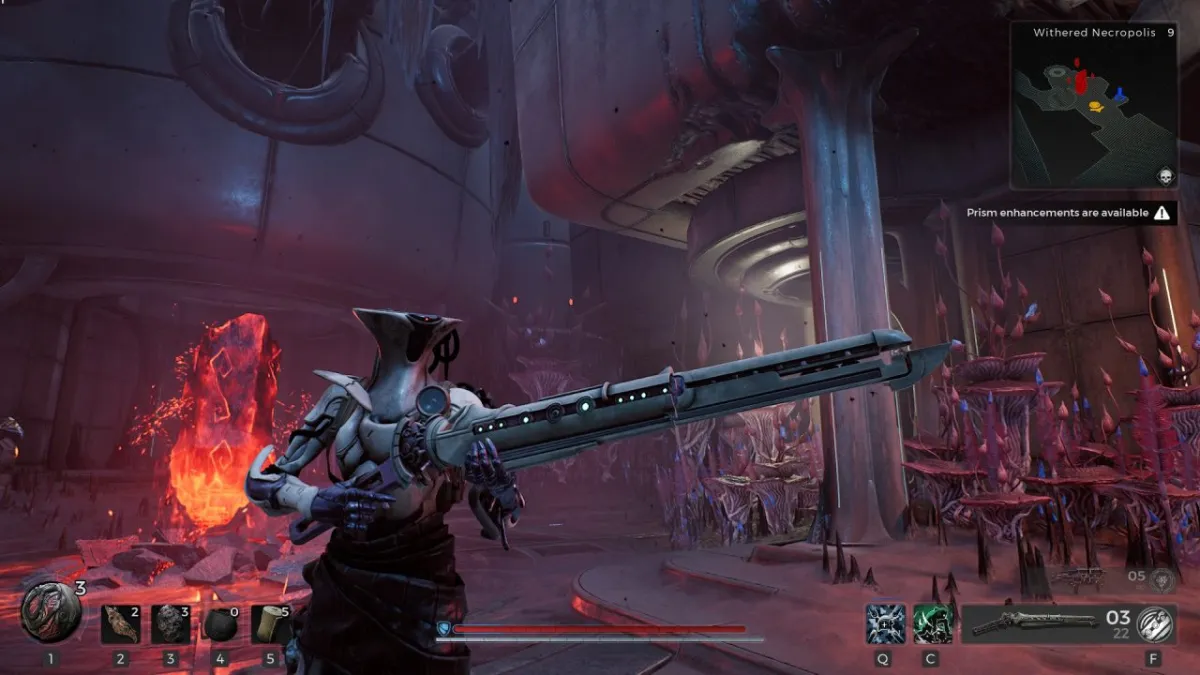Baldur’s Gate 3 players are presented with a wealth of options as they create their first character and begin their adventure. Here is our list of the best Bard subclasses ranked in Baldur’s Gate 3.
Baldur’s Gate 3: Best Bard subclasses, ranked
When you choose a Bard, you gain access to a lot of unique skills that are highly useful outside of combat. However, with the right subclass, your Bard can be extremely useful in combat. When your Bard reaches level 3, you get to choose from among three Bard subclasses (listed in-game as “colleges”). Your choice determines how your Bard develops from that point forward.
We’ve ranked the Bard subclasses below from best to worst. Consider carefully what you want to accomplish with your bard and choose accordingly. However, since I’ve put hundreds of hours into playing and making a Bard build in Baldur’s Gate 3, here is the subclass ranking I would recommend.
1. The College of Lore (Best)

The College of Lore is the best option for a typical Bard. The Bard is well-suited to a support role right from the start of the adventure. This subclass allows them to double down on that and also teaches them Cutting Words. Cutting Words is one of the best support abilities in the entire game because it allows you to use a Bardic Inspiration to wit to distract a creature which gives them a penalty to their attack rolls, ability checks, and saving throws. This has saved my party members countless times.
College of Lore isn’t all support. At level 6, Bards in this subclass gain access to Magical Secrets, a branch that allows them to wield powerful magic from other classes. This is your chance to take powerful damage spells which you’ll use when nobody needs a buff or debuff. They also become better at Intimidation and Sleight of Hand, as well as Arcana. When you think of a Bard, you probably imagine a character of this sort.
2. The College of Swords (Good)

The College of Swords is a decent second choice if you want to be more active in combat. For starters, you’ll be able to equip Medium Armor and more weapons, plus relevant abilities. At level 6, you also gain the ability to attack a second time in one turn which is really powerful.
Bards tend to fall in battle pretty quickly under normal circumstances when enemies break through the front lines and start targeting support members. However, improved armor options could keep your singing hero in the action long enough to toss out a spell or two and turn the tide of battle.
If the ability to wear Medium or even Heavy Armor is what you seek, I highly recommend one of the best multiclass options which is Bard and Cleric. If you do that, you can skip the College of Swords altogether for the College of Lore.
3. The College of Valour (Okay)

The College of Valour is a middle ground that offers a less specialized mix of the two other colleges. The game rewards players who lean into their characters’ roles, so I don’t suggest choosing this subclass. That’s not to say there are no benefits, however.
What makes the College of Valour unique is your Bardic Inspiration turns into Combat Inspiration. The main difference is the target gets a 1d6 bonus to their weapon damage or Armor Class, along with the regular Bardic Inspiration things including Attack Rolls, Ability Checks, and Saving Throws. Also, you can equip better gear and even wield the powerful Shatter spell (which is also an option in the College of Lore). As with the College of Swords, this subclass grants you an additional attack at level 6.
Best Bard feats in BG3
- Actor
- War Caster
- Lucky
- Defensive Duellist
There are a few incredible feats that can work perfectly with your Bard, no matter your subclass. First off, Actor can increase your Charisma score by one (your Bard’s spellcasting ability) and you gain expertise in Deception and Performance. These are both very useful skills for your Bard.
War Caster gives you an advantage on Concentration saving throws for spells, and you can use a Reaction to cast Shocking Grasp if a target moves out of range from you. Bards have plenty of spells that require Concentration, so this is a must-have.
I also recommend Lucky since you can essentially gain an advantage on any three rolls after each Long Rest. You could also go for Defensive Duellist which gives you a Reaction to increase your AC by your Proficiency bonus when you’re melee attacked while wielding a Finesse weapon you’re Proficient in.
We’ve ranked the subclasses and given you some feat options, but there’s no wrong choice for your Bard. Choose the subclass that suits your style of play. Once you’ve chosen the best Bard subclass for you, be sure to learn the best Bard spells.









Published: Apr 4, 2024 03:00 pm